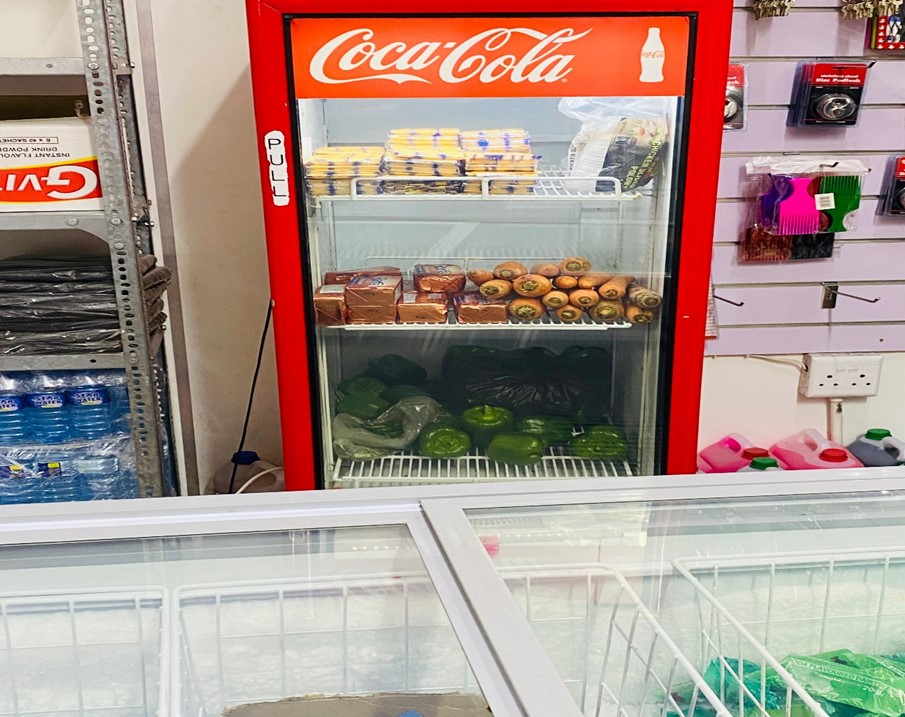By Andiswa Zondi
In recent years, there have been many stories in the news about people who would get sick or die after allegedly buying food from spaza shops.
Thabile Magwaza from Kwamashu says her family knows this story really well. “I lost a nephew to food poisoning last year.”
This has led to raids that have been conducted by many municipalities and government authorities on these informal businesses. Many had to shut down and the government requested that that they register and comply with the law. Spaza shop owners say they also lost their customers’ trust.
“We lost everything overnight. Customers stopped coming, fearing our products were unsafe. We’ve had to prove ourselves again by showing receipts, sourcing from trusted suppliers, and even offering free samples to reassure people,” said a Durban spaza shop owner who didn’t want to be named.
Spaza shops, called tuck shops in parts, are small businesses that can be a lifesaver in many ways in a number of townships. According to a study done by GeoScope research, over 150 000 spaza shops operate across South Africa and they contribute 5.2% to South Africa’s Gross Domestic Product (GDP). They are estimated to generate R2 million per shop annually.
While many spaza shop owners would argue that their businesses are safe, inspectors did find hazardous chemicals in some and these include pesticides and industrial-grade preservatives which would be stored near food products at times. This raised concerns about poor sanitation and handling practices. This is why President Cyril Ramaphosa had called for temporary closure and then allowed time to comply by getting relevant permits. They then had to restock and reopen once the paperwork was done.
“Borrowing money to restock was not hard, but the hard part has been trying to win back consumers’ trust. People are cautious now, so we have to show them everything especially receipts, packaging, even expiry dates to make them feel safe.” said the owner of Sizabantu Tuck Shop who also didn’t want to be named.
Despite these efforts, shop owners continue to struggle with declining sales.
Community members have mixed opinions about the government’s actions. “These regulations to ensure safety and prevent another tragedy are very necessary,” says Thobile Magwaza whose nephew died after allegedly consuming food from a spaza shop.
Some believe say spaza shops make life easier for them. “I understand the risks, but when these shops shuttled down life became harder. Prices at supermarkets are too high, and now we have fewer option,” says Nomhlanhla Zwane from KwaNdengezi.
According to GeoScope, about 80% of of South Africans visit spaza shops. 51% of the population consumes snacks that would have been bought from there and 16% would consume groceries.


